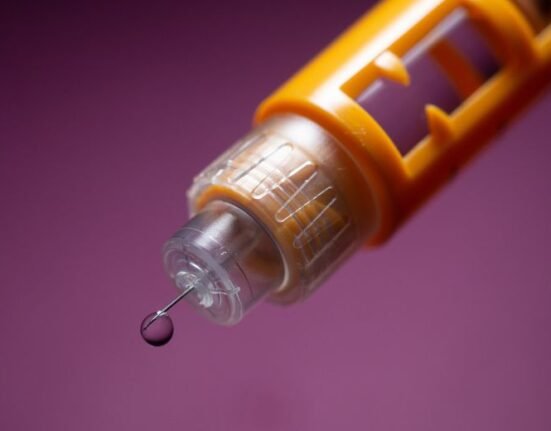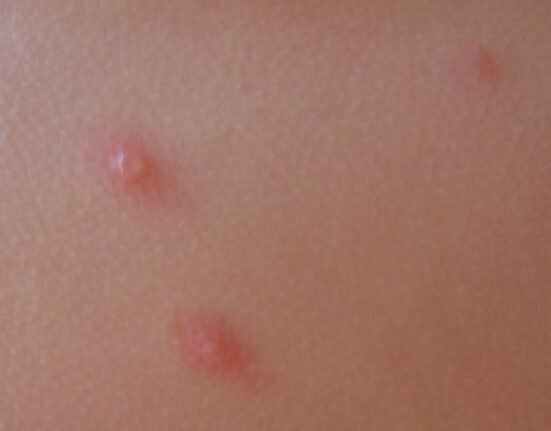HQ Team
November 16, 2024: Shingles vaccination has proven effective in preventing herpes zoster and its related complications. Recent research suggests that the vaccine may also offer protection for cardiovascular health.
A study published in 2022 highlighted an alarming link between shingles and cardiovascular health. Researchers analyzed data from over 205,000 participants across three large U.S. cohorts—Nurses’ Health Study (NHS), NHS II, and Health Professionals Follow-Up Study (HPFS). The findings revealed that individuals with shingles had a 30% increased risk of developing major cardiovascular events, including heart attacks and strokes. Dr. Sharon G. Curhan, an epidemiologist involved in the study, noted that those with shingles had a 38% higher chance of experiencing a stroke compared to those without shingles. Furthermore, the risk of heart attacks or requiring heart procedures was found to be 25% higher in individuals with a history of shingles.
The connection between shingles and cardiovascular issues may stem from inflammation caused by the virus, which can lead to vascular damage over time. According to experts, such changes can include arterial wall damage and endothelial dysfunction, which together can disrupt blood clotting and promote cardiovascular issues
Despite these findings, it is important to note that current research identifies associations rather than definitive causal relationships between shingles and cardiovascular diseases.
Understanding Shingles
Shingles, or herpes zoster, occurs when the varicella-zoster virus (VZV), which causes chickenpox, reactivates in the body. The Centers for Disease Control and Prevention (CDC) estimates that approximately 1 million individuals experience shingles annually in the U.S. The incidence varies from 1.2-3.4 per 1000 persons per year among the young while the prevalence is between 3.9 and 11.8 per 1000 persons a year among those above 65 years.
While most people develop shingles only once, there is a risk of recurrence, particularly among older adults and those with weakened immune systems.
The virus typically presents as a painful rash on one side of the body and can lead to serious complications, including postherpetic neuralgia, a condition characterized by long-term nerve pain. Individuals who have never had chickenpox or received the chickenpox vaccine can contract VZV through contact with someone who has shingles.
Vaccination recommendations
The CDC recommends that all individuals aged 50 years and older receive two doses of the recombinant zoster vaccine (RZV, Shingrix) to protect against shingles. Additionally, individuals aged 19 years and older with weakened immune systems should also consider vaccination. Clinical trials have shown that Shingrix is 97% effective in preventing shingles in adults aged 50 to 69 years and 91% effective for those aged 70 years and older.
It is not clear what causes shingles, but some research has linked stress to its development. Other research suggests physical trauma is also a risk factor. According to a 2019 study, even a history of severe or blistering sunburns may slightly increase the risk.
Along with a weakened immune system, some drugs, including steroids that are used to treat autoimmune diseases can cause shingles
With evidence mounting regarding the risks associated with shingles—both in terms of painful outbreaks and increased cardiovascular events—the importance of vaccination cannot be overstated.





